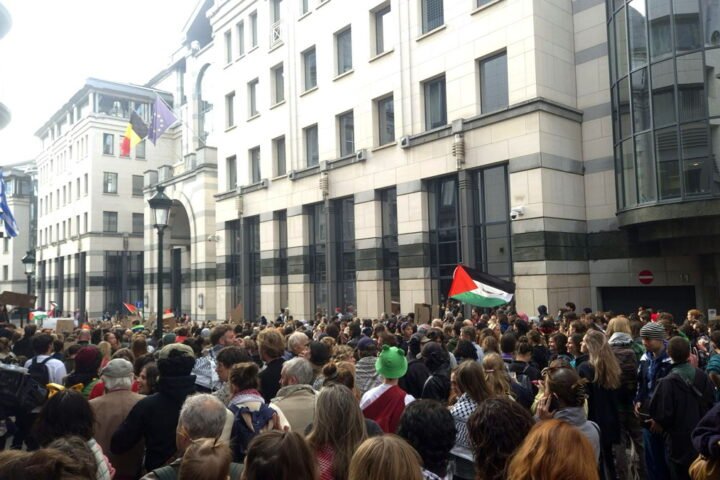Belgium’s anti-money laundering cell (CTIF-CFI) received more than 91,000 suspicious transaction disclosures last year. In particular, the cell saw a huge increase in disclosures by payment institutions such as Wise, its annual report shows.
CTIF-CFI was established in 2017 as a specialist service to combat money laundering and terrorist financing. It works mainly on the basis of suspicious transaction reports made by banks and payment service providers. In 2023, it received about 80,000 reports; last year it received 91,487.
Almost half of these reports came from payment institutions. These are not banks, but companies that offer payment solutions via the internet as intermediaries, such as Wise. Most of the disclosures from the sector were transferred to European counterparts after CTIF-CFI investigated, as there was no direct link to Belgium.
Based on more than 3,000 disclosures, CTIF-CFI transferred 1,347 new files to the public prosecutor’s office, representing a total of just under 2 billion euros in suspicious transactions. The underlying offences are mainly fraud and organised crime.
The cell notes an increase in the number of professional money laundering networks, criminal organisations dedicated to laundering funds such as drug money.
In 2024, the agency also handed over 15 files to the public prosecutor involving “corruption or embezzlement by persons holding public office”. The report includes files on foreigners, for example politically exposed persons from Central and West Africa, but also “persons born in Belgium who held or had held prominent public positions nationally”.










